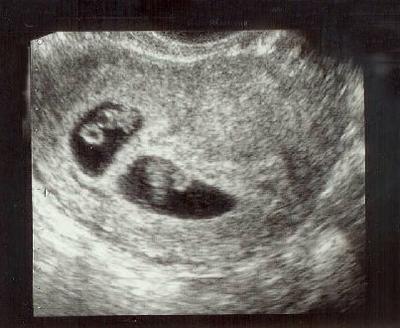 Memory, memory, wherefore art thou?
Memory, memory, wherefore art thou?As often happens, more frequently as we get older, we meet old acquaintances whose names escape us. This happened to me today in the Pro Shop of our Golf Club. My old friend and I walked and talked and exchanged many reminiscences, but at no time did either of us mention the other’s name.
When I got home, I was hell-bent determined to retrieve his name from this shriveling ganglion I still refer to as my brain. I knew his name was in there, somewhere. But I couldn't beat a viable path to the particular circuitry that contained it.
I turned on my computer and opened an archived file that listed a roster of members who played in one of our Senior tournaments. I scrolled slowly down the list and Eureka! When my friend’s name appeared, my recognition was instantaneous!
This vignette illustrates that forgetfulness can sometimes be only a problem with retrieval. The information we want has not been obliterated, it has simply become elusive. With age and extensive use, our reverberating memory circuits may lose their voltage. But how reassuring it is to know that we can often rely on other "mental" resources to find what we've lost.
A functional analogy can be drawn between our brains and the disk in a computer’s hard drive. Whereas data can be quickly retrieved while the disk and the brain are relatively virginal, they both react more slowly when they become crowded with information. Defragmentation can help a disk to recover its speed and efficiency, but we do not yet have a way to defragment or optimize our brains. Grrr!




